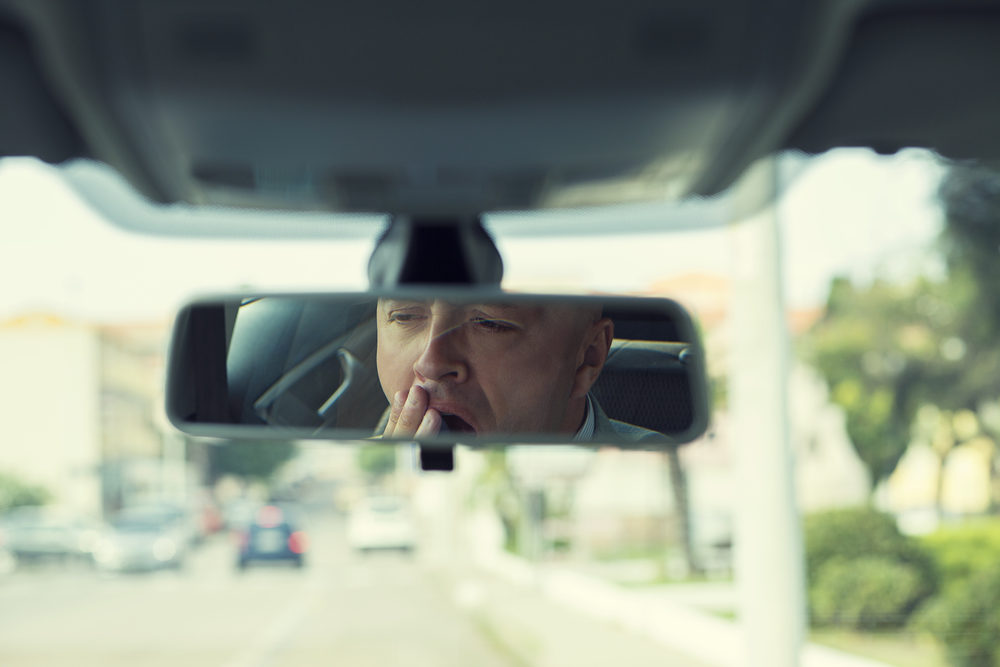A recent study conducted by the American Automobile Association Foundation for Traffic Safety indicates that roughly 10% of all car accidents are caused by drowsy drivers. Statistics previously provided by the United States government attributed just 2% of car accidents to drowsy driving. If you were injured in a car accident caused by a drowsy driver, reach out to the experienced Virginia Beach car accident attorneys at Shapiro, Washburn & Sharp to schedule a free consultation.
What Are the Dangers of Drowsy Driving?
Accidents caused by fatigued drivers often result in devastating injuries that force victims to endure costly and painful medical treatments, leave them unable to work and earn a living while they recover, and cope with a significant amount of mental anguish. Drowsy driving is a serious safety issue that is heavily underreported since it is hard to detect and drivers involved in collisions rarely admit to nodding off behind the wheel.
The previously mentioned AAA study examined dashboard camera footage from more than 700 motor vehicle accidents. They acquired this footage from another study that was funded by the federal government involving the constant monitoring of 3,593 motorists over the course of several months. By tracking how frequently drivers blinked in the minutes leading up to their accidents, researchers could determine if drivers were fatigued when their collisions occurred.
By analyzing this information, researchers were able to conclude that fatigue was a contributing factor in almost 9.5% of all car crashes and 10.8% of crashes resulting in injury, airbag deployment, or serious property damage. These totals are almost eight times greater than earlier federal estimates.
Fatigued driving considerably increases the odds of an injury-causing or fatal accident taking place. Drivers who get fewer than seven hours of sleep are at a significantly greater risk of causing a serious accident. In fact, getting behind the wheel while sleep-deprived is comparable to driving while under the influence.
Unsurprisingly, the issue of fatigued driving becomes a much greater problem at night. Three times as many drowsy driving accidents take place during the nighttime as opposed to during the day.
What Can I Do to Prevent Drowsy Driving?
Being able to recognize the symptoms of fatigue can help drivers identify the issue and take steps to avoid accidents. Common signs of fatigue include:
- Veering in and out of your lane
- Trouble keeping your head up and/or your eyes open
- Difficulty remembering where you are going or how to get there
- Difficulty concentrating
- Frequent yawning
- Blurred vision
- Missing turns, exits, and traffic signals or signs
- Driving over rumble strips
You can avoid fatigued driving by:
- Get at least 7 hours of sleep if you have to drive the next day
- Try to limit driving to the hours when you are usually awake
- Do not get behind the wheel after taking any medicines that cause impairment or drowsiness or after consuming alcohol
- Pull over and rest every 100 miles or two hours, or have a passenger with whom you can share driving duties on long trips
- If you begin to experience symptoms of drowsiness, pull over somewhere safe and rest
Were You Injured by a Drowsy Driver?
If a drowsy driver caused your accident and injuries, the skilled Virginia Beach car accident attorneys at Shapiro, Washburn & Sharp are here to help. We have the experience and resources necessary to thoroughly investigate your accident, collect evidence, negotiate with the insurance company, and protect your best interests during settlement negotiations. Our decades of experience practicing personal injury law made it possible for us to achieve a $100,000 settlement for a client who was severely injured when he was struck by a negligent driver. To consult with a lawyer about your potential case, schedule a free consultation by calling (833) 997-1774 or filling out the contact form on our website. Our offices are in Virginia Beach, Hampton, Norfolk, and Portsmouth.
